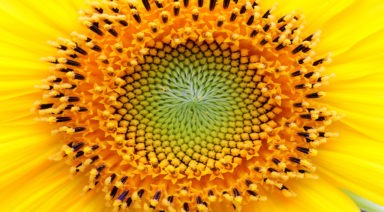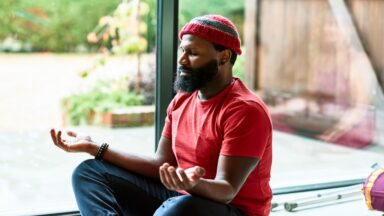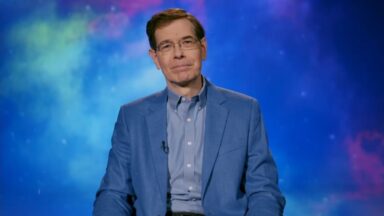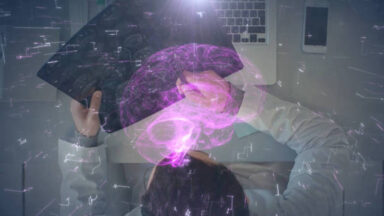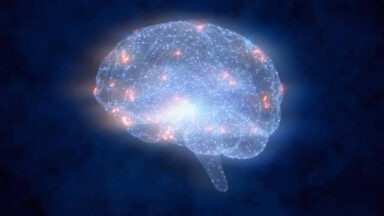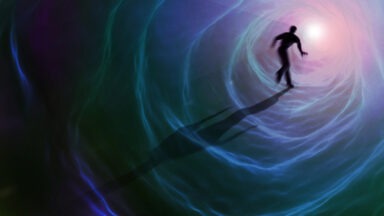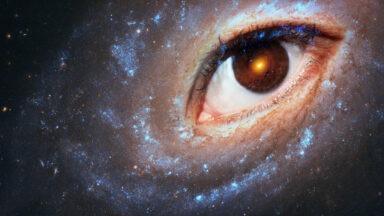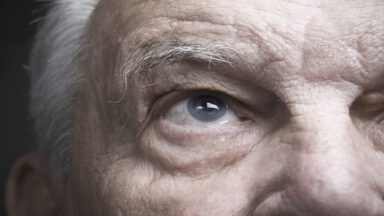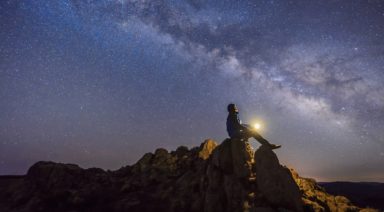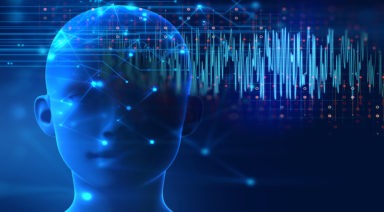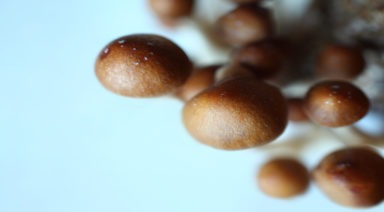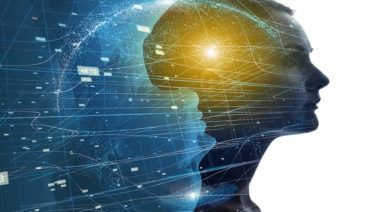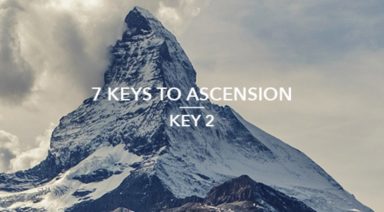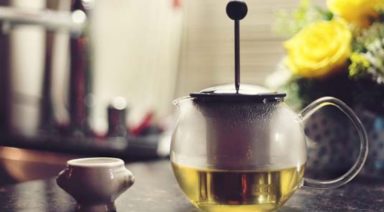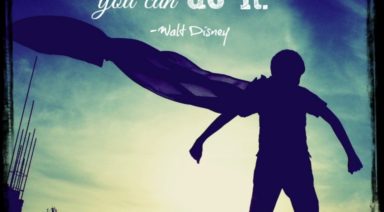Ayahuasca Study Shows Breakthrough in Resolving Intercultural Conflict
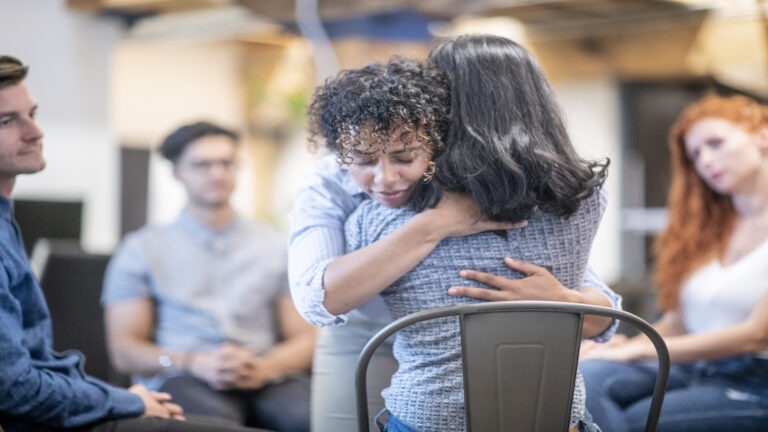
Can plant medicines heal long-standing, sociopolitical conflicts? A new study brought together groups with deep-rooted enmity for each other in an ayahuasca ceremony—could this be the solution for a more peaceful world?
Plant medicines, including ayahuasca and psilocybin from “magic mushrooms” have become breakthrough therapeutic modalities for treating depression, anxiety, and addiction, as taboos around psychedelics fade and scientists study their effects in sanctioned clinical settings. And now a group of scientists from the US, UK, and Israel has begun to look at ayahuasca as a tool for resolving intercultural conflict. By bringing together Israelis and Palestinians for a group ceremony, the researchers looked for signs of reconciliation and intergroup contact between the subjects.
Dr. Maya Shetreat MD, is a neurologist and herbalist specializing in plant medicine and psychedelic-assisted therapy. She had this to say about the recent study…
“We should definitely be able to experience significant shifts in identity politics because we know that psychedelic medicines like ayahuasca or psilocybin have these ego-dissolving properties that change the way our brains see us, see our identity, and perceive us as being separate from one another,” Dr. Shetreat said. “So, theoretically it’s possible that any kind of identity issues, whether it be political or otherwise, could be more in a place of resolution because people can see past differences.”
Results of this recent study proved to be profound, with several participants reporting visions in which they re-lived trauma from the perspective of those from the opposite culture. And in one instance, a participant was able to embody a single experience from both perspectives.
But while these results held significant weight for those involved, how does this translate at a larger scale?
“You know we have to ask the question, is it really necessary for everyone to be in ceremony and go through a psychedelic experience in order to create change? And actually, I think there’s an argument that it doesn’t take that many people, not everybody has to be in that role and enter that liminal space. The people who are called and the people who are motivated to engage with the medicine have those revelations, integrate, take action, and actually lead other people to see those connections that other people might not be able to see,” Dr. Shetreat said.
There’s a belief held by many within the plant medicine community that there is a sentience in these plants that has worked to form a bond between indigenous cultures and the modern, western world. Are these plants trying to communicate and work with us to actively heal our collective consciousness?
“Yes, I do think that plant medicines like the ones we’re talking about (psychedelics) do have some intention in their desire to be in relationship with humans and that’s why they emerge in this way.”
In modern society we are bombarded with constant streams of information from the many channels of communication we have access to, but within that comes a deluge of competing values and viewpoints, vying to be heard. How can plant medicine ceremonies and studies like these help human communication in this era?
“I think that this study in particular really demonstrates that engaging with psychedelics, whether it be through microdosing or macrodosing, may be able to help draw people out of that black and white, oppositional, polarized way of being and help them come back into that sense of connection and see beyond the differences that we have. I think it’s a really profound study in that way and I think it’s very hopeful.”
As scientists continue to study the myriad ways in which plant medicines are able to heal psychological trauma and rifts between global cultures, it will be interesting to see how these studies manifest into potential solutions and how they will be received within the mainstream culture. For now, at least we can see their efficacy within small groups willing to participate and open their minds to new outcomes toward peacebuilding.
New Studies Find Psychedelics Highly Effective for Alcoholism

New studies show unprecedented success in the treatment of alcoholism with psychedelic therapy.
The psychedelic revolution in mental health has produced overwhelming scientific evidence demonstrating the great efficacy of psychedelics in the treatment of various mental health disorders. Now, several new studies involving the drugs ketamine and MDMA are showing significant promise in the treatment of alcoholism.
Dr. Ben Sessa is a psychiatrist and chief medical officer at Awakn Life Sciences, an English biotech company that is at the forefront of the research, development, and delivery of psychedelic medicines.
The company is especially focused on the treatment of Alcohol Use Disorder or AUD, given how prevalent and challenging it is to treat.
“Alcoholism is a huge public health problem. It’s also a psychiatric condition that’s very poorly treated with very poor outcomes with traditional methods,” Sessa said. “Relapse to drinking after getting dry is around 80 to 90 percent at 12 months. That’s an embarrassingly poor statistic. Psychedelics offer a completely new approach; they offer the patient to explore the root causes of addiction, which so often is trauma. Psychedelic-assisted psychotherapy is an intensive upfront piece of work that gets the patient better, so they don’t have to keep coming back. It is a completely different paradigm shift to the way we currently manage patients in maintenance therapies.”
A recent study conducted by researchers at the University of Exeter and Awakn Life Sciences is the world’s first to examine the use of ketamine to treat AUD in a randomized controlled trial.
“Ketamine is a very well-established human medicine. It is indeed the only psychedelic that’s licensed as a medicine, as an anesthetic medicine, and has been used since the 60s as such. It’s an incredibly safe medicine. When it’s used at a much lower dose, it produces an altered state of consciousness. What we do in psychedelic-assisted psychotherapy with ketamine, is we use this altered state of consciousness to affect a more effective and deeper form of psychotherapy. So, we’re using ketamine as an adjunct to psychotherapy to treat addictions,” he said.






